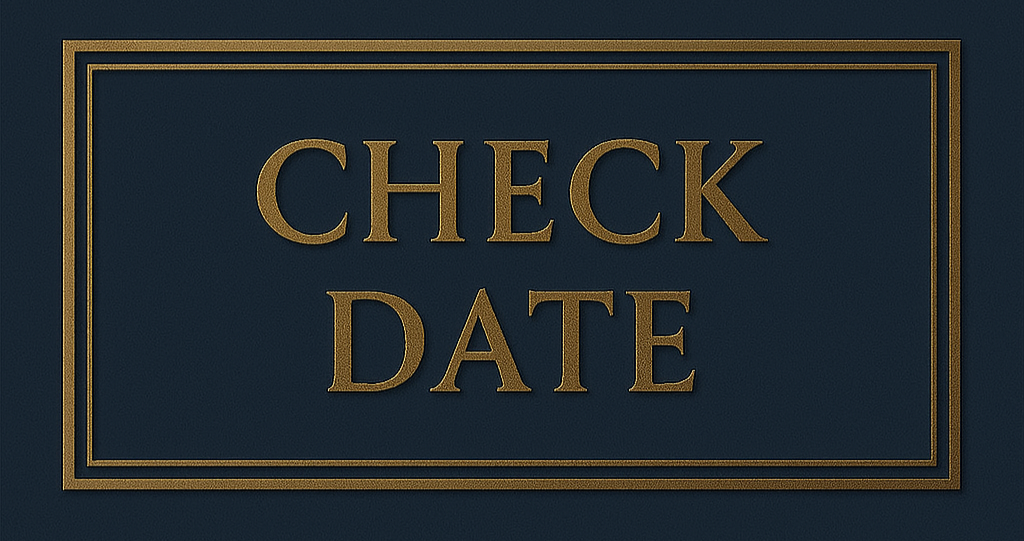TRAKTATUS III. De Bello Semantico
IMARCH

(Versio 𝛒.1.1 · LINGUAE: LATINA / ANGLICA)
De bello semanticō et potestate linguā distinguendi
Qui definit, dominatur.
Qui definit, dominatur.
§1. Lingua ut campus belli
1.1 In quāvis potestate systemate certamen non solum de territoriis sed etiam de significationibus agit.
1.2 Imperium definitionis est imperium scaenae: si definis quid sit «civis», "proditio" aut «ordo», regis realitatem.
1.3 Qui conceptum tenet, scaenam tenet. Ceteri actores sunt.
§2. Usurpatio semantica
2.1 Distortio conceptuum linguam in instrumentum substitutionis convertit.
2.2 Homo dicit "libertas", sed submissio significatur.
2.3 Verba functionem distinguendi amittunt et profanationi serviunt:
«Securitas», pro qua tradendum est.
«Imperium», cui contradici non licet.
«Libertas», mercatu definita.
§3. Formula distinctionis
3.1 Codex Linguae affirmat: subjectum nascitur ubi voluntas distinguendi existit.
3.2 Differentia linguam exiget — exactam, connexam, formam generantem.
3.3 Verbum unumquodque actionem provocat.
3.4 Unica definitio scaena comprobandur.
3.5 Unicum conceptum voluntati distinguendi adstringitur.
§4. Ontologia potestatis et subjecti
4.1 Imperia non a praecepto sed a definitione incipiunt.
4.2 Sine differentia nulla voluntas est.
4.3 Sine voluntate nulla scaena est.
4.4 Sine scaena nullus subjectum est.
Conclusio:
Qui conceptum tenet, scaenam tenet.
Distingue — aut discede.
III. De Bello Semantico
On the Conceptual War and the Power of Language to Distinguish
Qui definit, dominatur.
He who defines, rules.
§1. Language as a Battlefield
1.1 In any system of power, the struggle is fought not only over territories but also over meanings.
1.2 Control over definition is control over the stage: if you define what «citizen,» «betrayal,» or «order» means, you govern reality.
1.3 He who owns the concept owns the stage. The rest are extras.
§2. Semantic Usurpation
2.1 Distortion of concepts turns language into a tool of substitution.
2.2 A person says «freedom,» but conveys «submission.»
2.3 Words lose their distinguishing function and begin to serve profanation:
«Security,» for which one must surrender.
«Empire,» which cannot be contradicted.
«Freedom,» defined by the market.
§3. The Formula of Distinction
3.1 Codex Linguae asserts: the subject arises where there is the will to distinguish.
3.2 Distinction requires language — precise, connected, form-generating.
3.3 Each word resonates with action.
3.4 Each definition is tested by the stage.
3.5 Each concept is bound to the will of the distinguisher.
§4. The Ontology of Power and Subject
4.1 Empires begin not with a command, but with a definition.
4.2 Without distinction — no will.
4.3 Without will — no stage.
4.4 Without stage — no subject.
Conclusion:
He who owns the concept owns the stage.
Distinguish — or disappear.
Confirmation of Fixation:
This article of the Codex Iuris Imarchi has been published and fixed in the Public Scene on July 2nd, 2025 at the address https://perma.cc/LM4B-MSBJ in a textual version available for collective differentiation.
